If you switch on the news these days, it might feel as if the world is going to hell in a handcart.
Spiralling inflation, a cost-of-living crisis, the globe heating up and the ice floes melting, continuing war in Ukraine, another shooting in America… sometimes, the whole thing becomes unbearable.
That’s one of the reasons why sport matters. Why having the opportunity to cheer on athletic endeavour and salute those who are pushing their bodies through the wringer in search of medals or records can be a precious antidote to the interminable mud-slinging over Brexit, Scottish independence and the Conservative leadership battle.
In the grand scheme, the Commonwealth Games isn’t the be-all or end-all for most of us, but that didn’t stop millions of viewers willing Eilish McColgan to gold medal glory in the 10,000m or Laura Muir in the 1,500m, just as we had applauded the efforts of participants in such disparate pursuits as diving, rhythmic gymnastics and T20 cricket.
For a few hours at least, there was camaraderie, comradeship, healthy rivalry and a mutual respect between representatives from Britain, North America, Asia, Africa and Oceania, including competitors from such massive countries as India and Australia, and their counterparts in such tiny places as Nauru, Niue and Vanuatu.
The chances are that plenty of those who gained medals will only be granted 15 minutes of fame, such is the relentless whirl of the rolling news cycle. Yet the pride in their achievements will never be forgotten by their families or their loved ones and the expression on many of their faces as they stood listening to their anthems reflected how this memory will still be with them when they are old and grey and full of sleep.
I’ve covered a plethora of different tournaments and Games in the last 30 years, including the Rugby World Cup in 1995 and the Olympics in 2000. And I’ll never forget the sight of Nelson Mandela embracing victorious Springbok captain Francois Pienaar or Cathy Freeman lighting the torch in Sydney inside a stadium where you couldn’t hear a pin drop, but more than a few of us were struggling with some grit in our eyes.
These were seismic events, both life-affirming as entertainment, but also a reminder of sport’s ability to bring society together and forge the most unlikely of alliances. And there has been ample evidence of that same indefatigable spirit and enterprise on show at the various venues which have hosted the Birmingham Commonwealth Games.
In common with myriad other Scots, I was enthralled at Eilish’s story, the sight of her gritting her teeth and producing a lung-bursting last lap to secure her first-ever gold medal, just as her mother, Liz, has achieved in Edinburgh and Auckland in 1986 and 1990 before the arrival of the little girl she has now coached to glory.
At the time, her pregnancy led to her losing important sponsorship: a reminder of the discrimination which existed – and exists – in some countries and corporations. Yet, within a few weeks of giving birth to Eilish, she was back on the treadmill, pounding the streets of Dundee and preparing for the World Championships in Tokyo in 1991, where she famously left the field trailing in her wake as she become a world champion.
It was one of the greatest performances any of us had ever witnessed. But even Liz admitted that watching her beloved daughter attain her Commonwealth dream was “100 times better”.
And here’s another thing. Most elite sports figures these days are rigorously controlled by PR companies or managers and it’s tough arranging an interview with them, unless you are prepared to turn it into a puff piece promoting their new clothes line, perfume range or venture capital company.
Not so with our Liz. The day after Eilish’s triumph, I emailed McColgan snr to ask for a few words and, within a couple of hours, she had replied.
As she told me: “We knew Eilish was in shape for a medal and yet the Kenyans are always so dominant in endurance. But she ran the perfect race with not the perfect preparation going into the CWG.
“So I am just so pleased to see her run the race I always knew she was capable of.”
As for how she had felt in the crowd, away from the track, she added: “It was totally different as a spectator, because you cannot control the race, so it’s much more nerve-racking… but to hear the support and be part of that atmosphere was amazing.”
It was the same on Sunday night when Eilish picked up a silver in the 5,000m, only a few moments after Muir had left her rivals languishing in her slipstream.
And, once again, here was a beautiful story of desire and dedication from this engaging Invernessian, who has suffered disappointments in the past, but has proved both on the Olympic and Commonwealth stage that she is a genuinely world-class runner.
Yes, I know there will be some who respond: “It’s only a game” or decry this event as an anachronism in the 21st century.
They might be right, to some extent, but that’s to ignore the sheer exhilaration of cheering on these athletes and feeling happy for them.
Happy. You know, that sensation that makes you teary and cheery and proud and patriotic in the same breath? That sensation which doesn’t happen too often these days.
So yes, the Games may be trivial. But they are also a reason to celebrate and a spot of light in an often dismal world. And that has to be a good thing, doesn’t it?
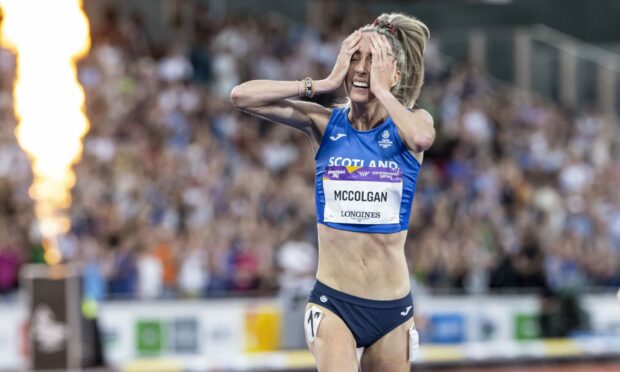
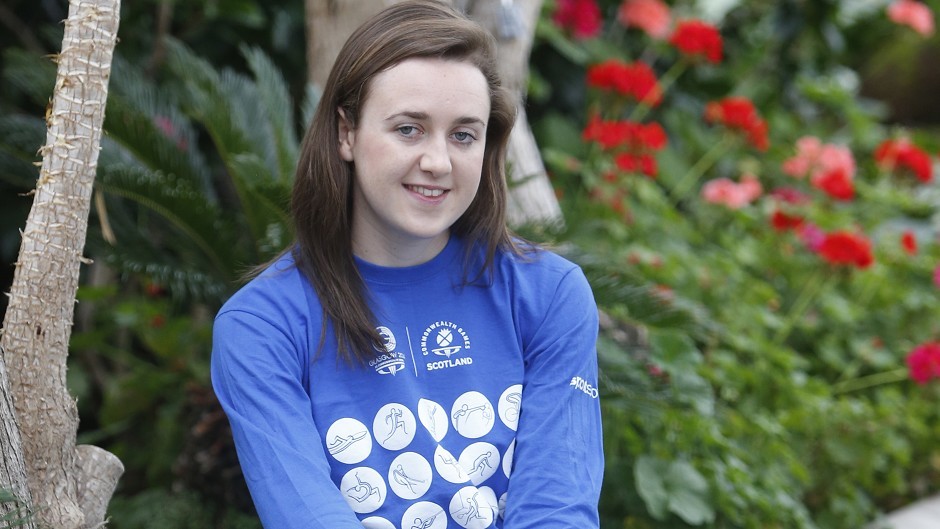
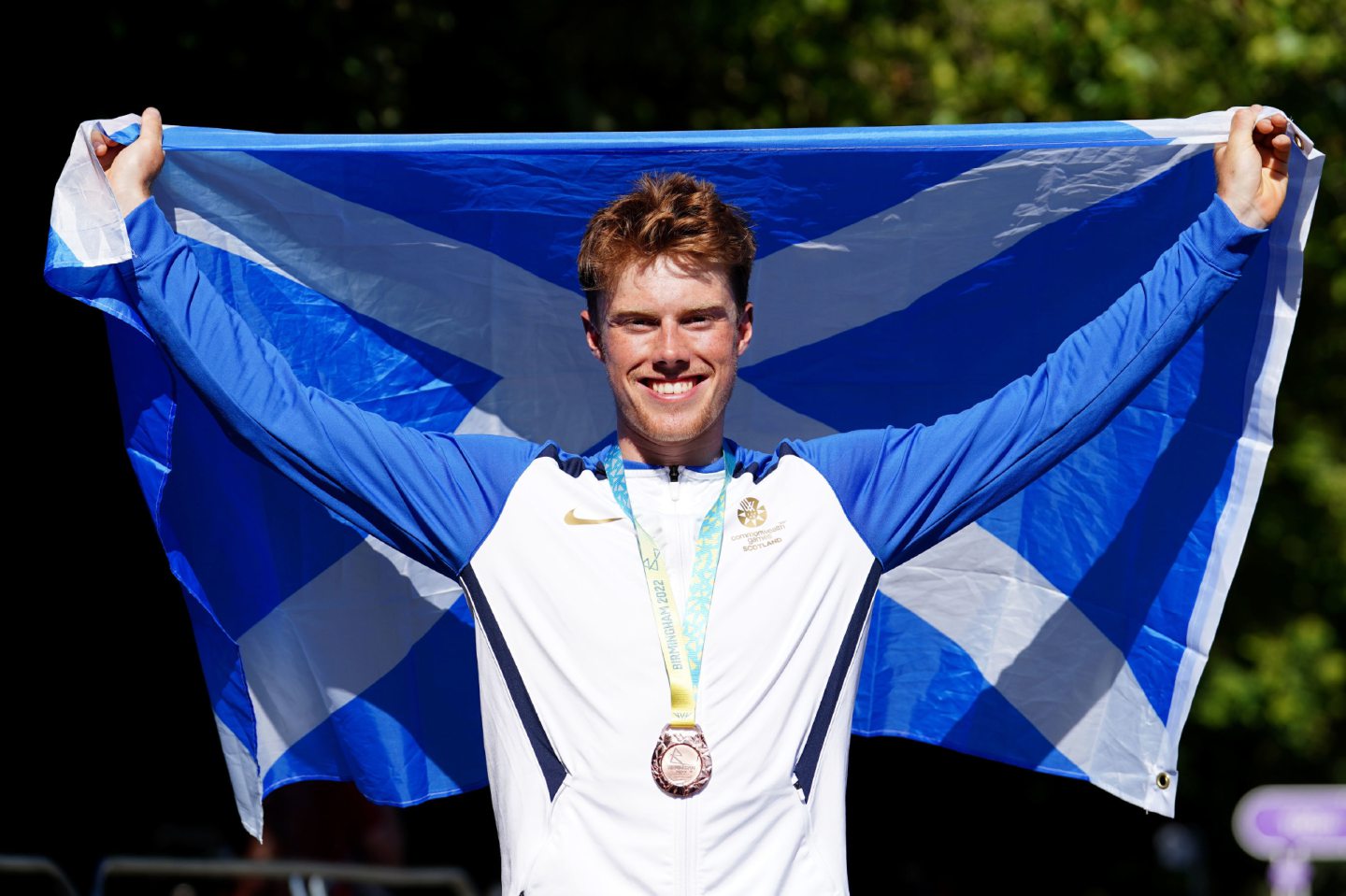
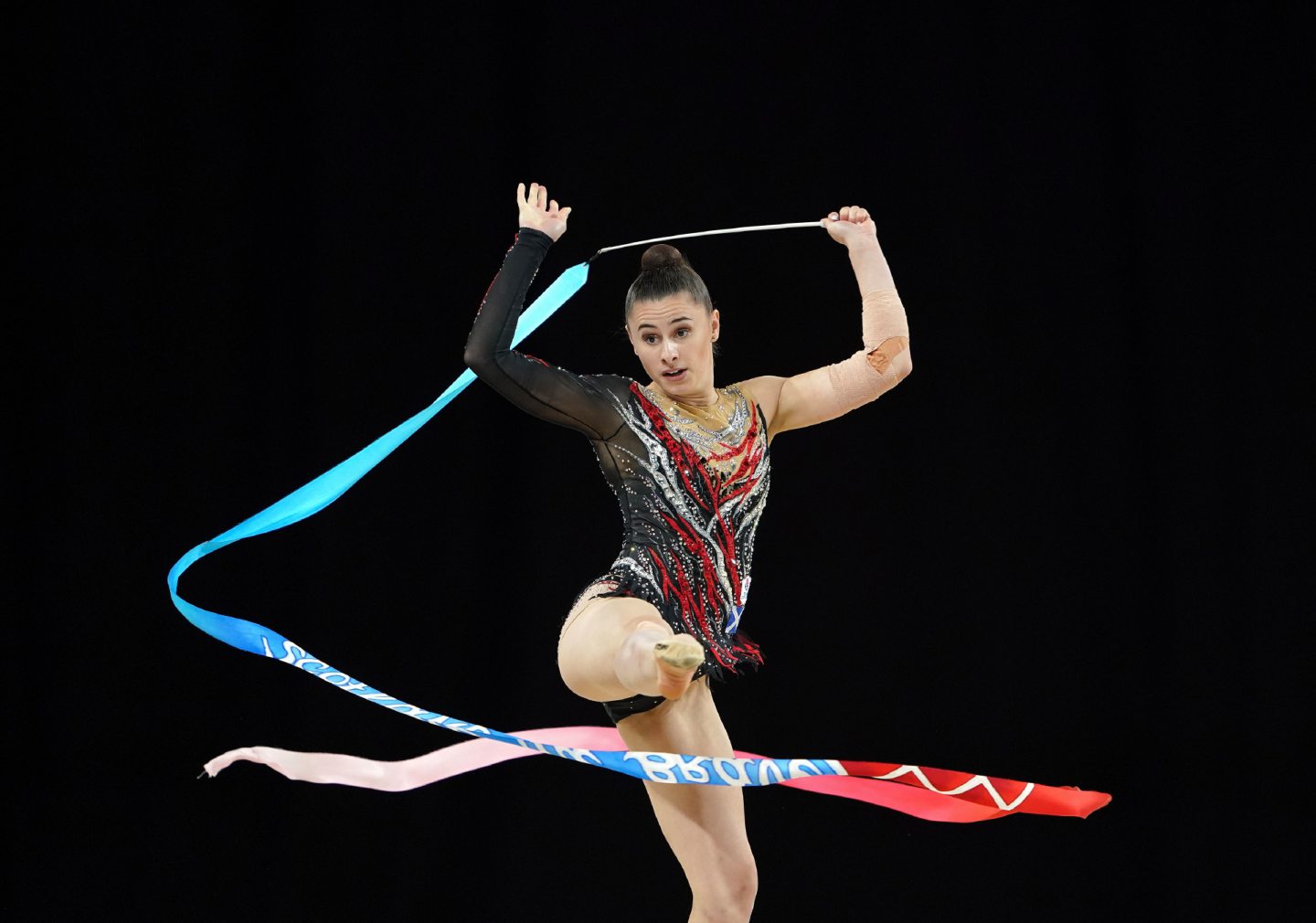
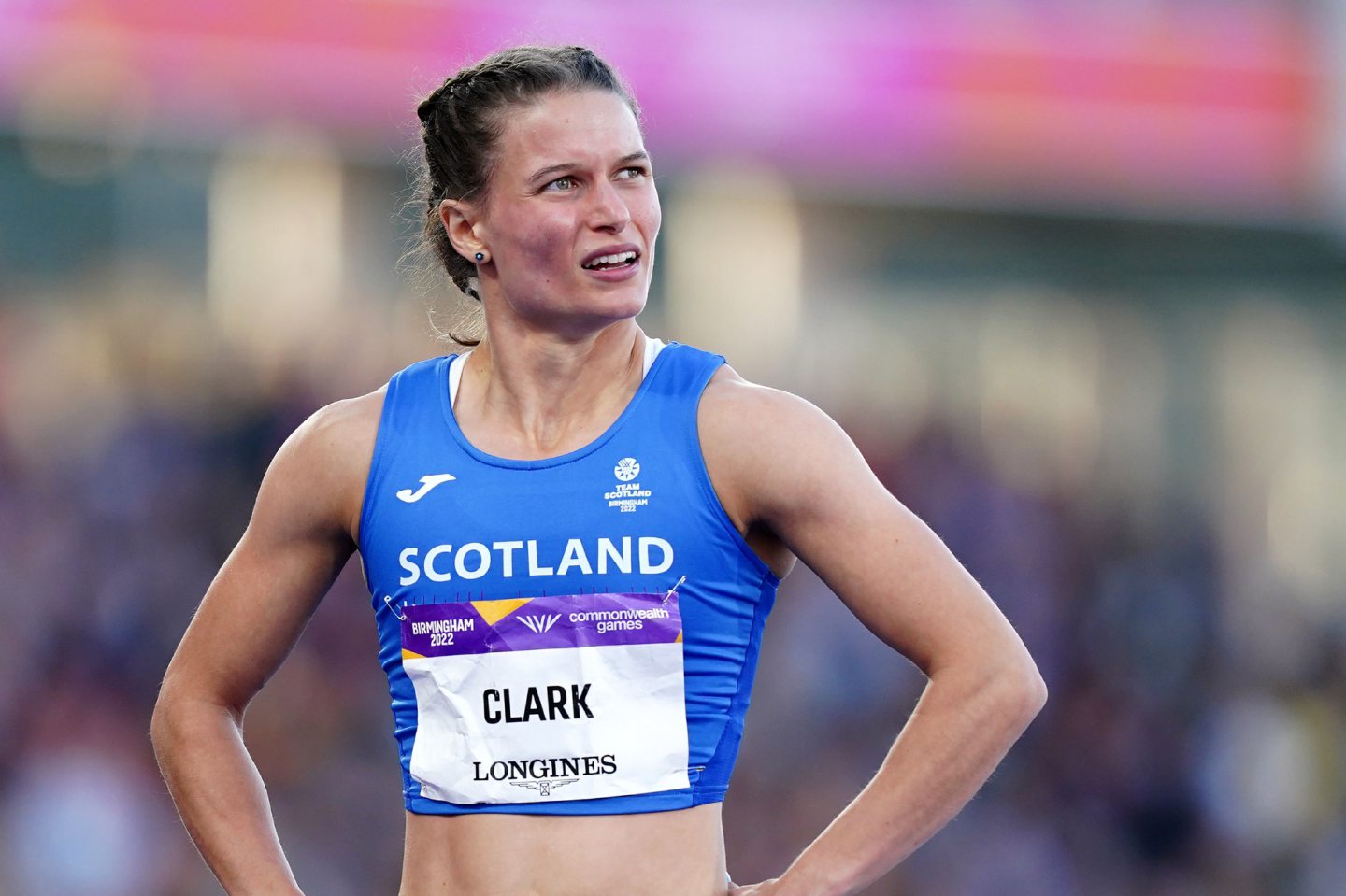
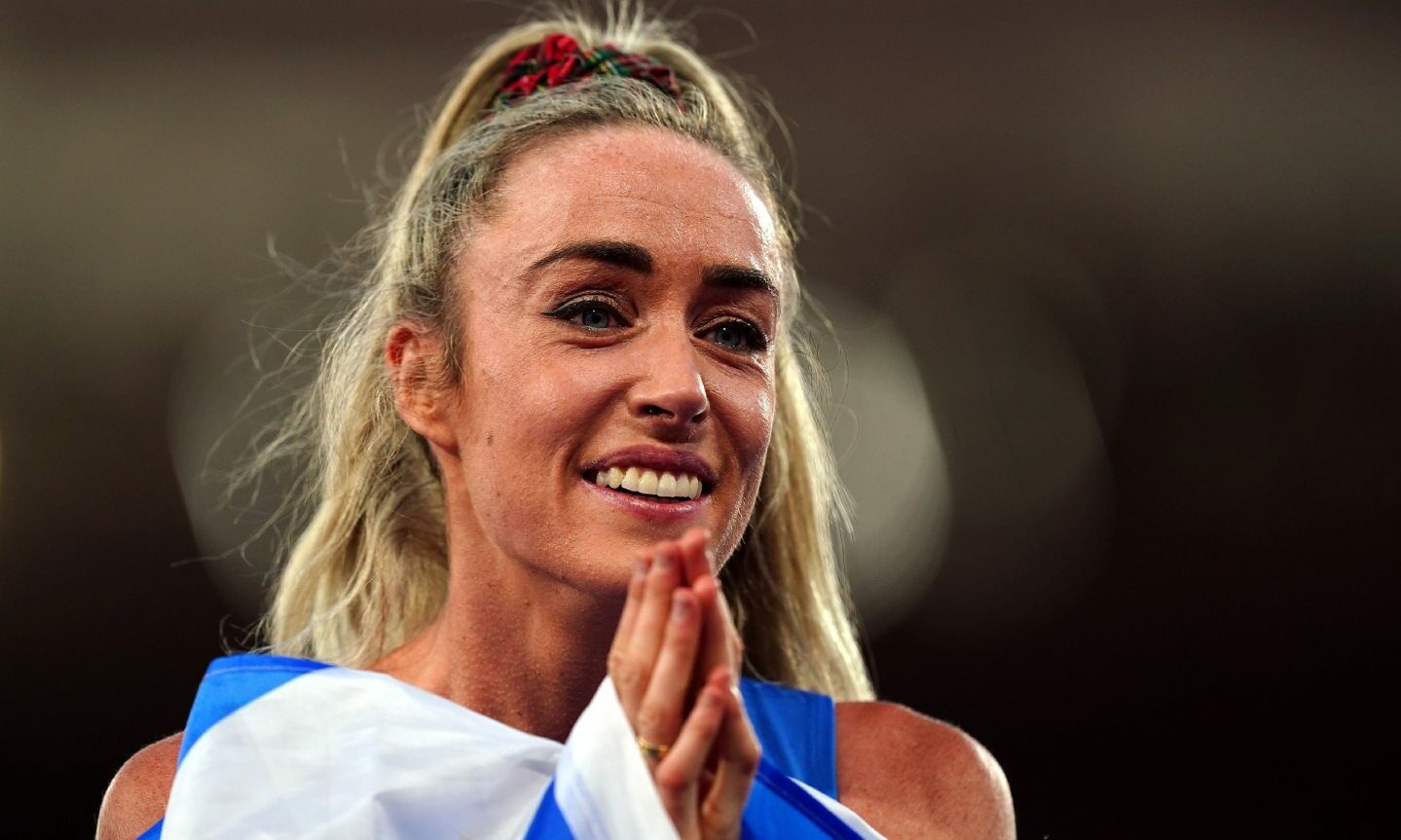
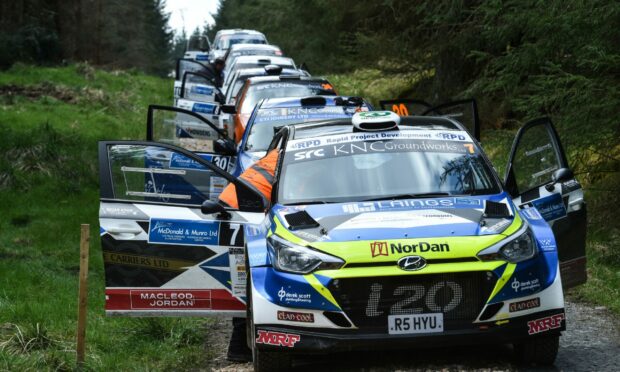
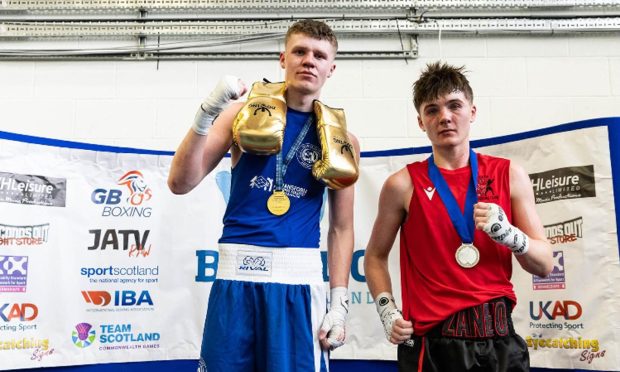
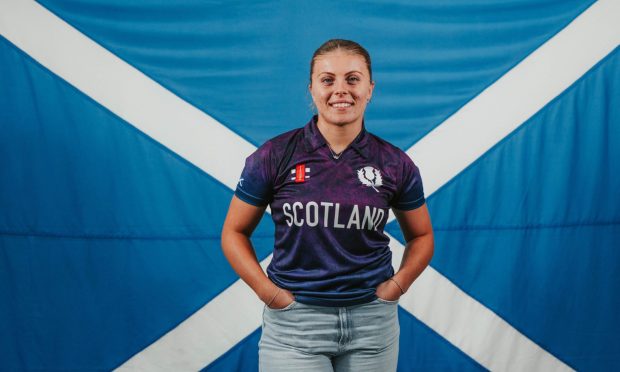
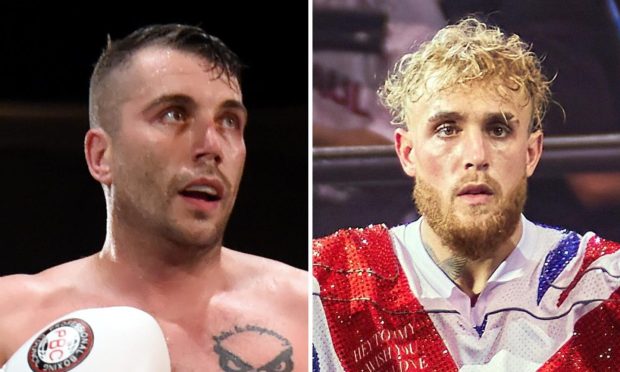
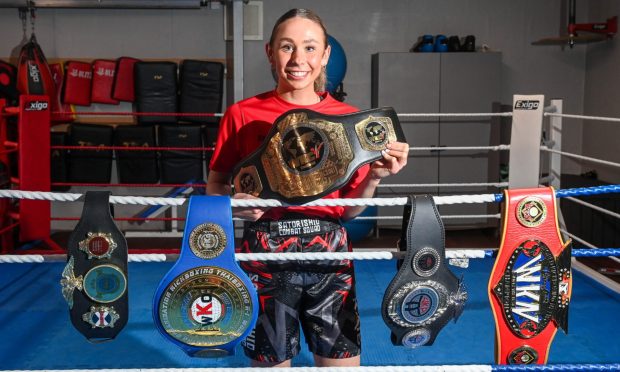
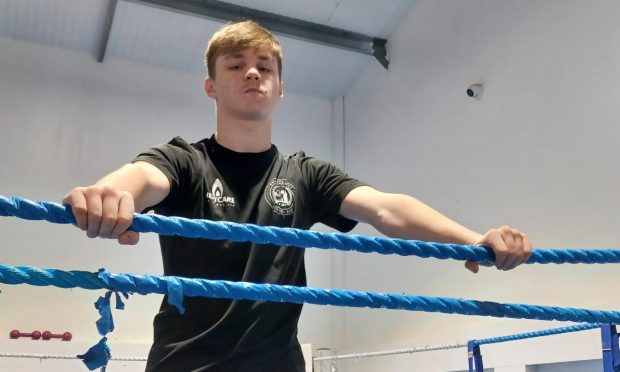
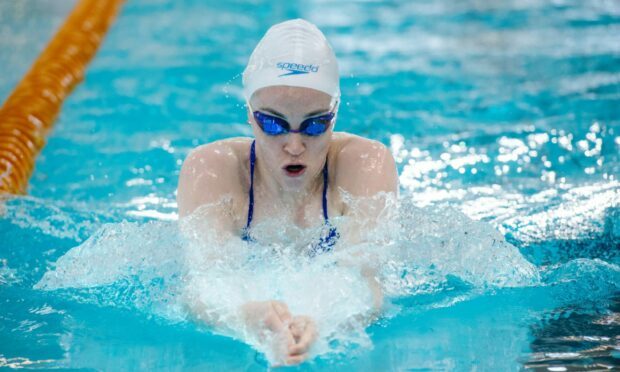
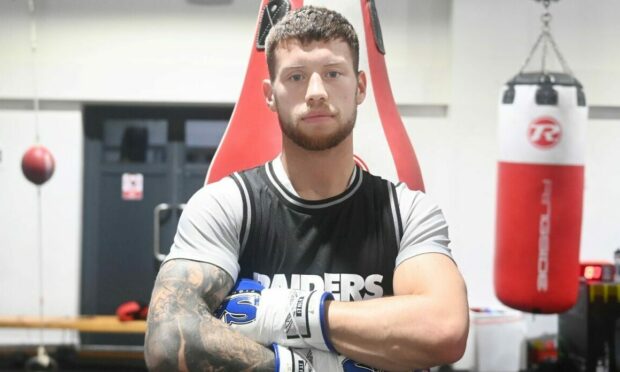
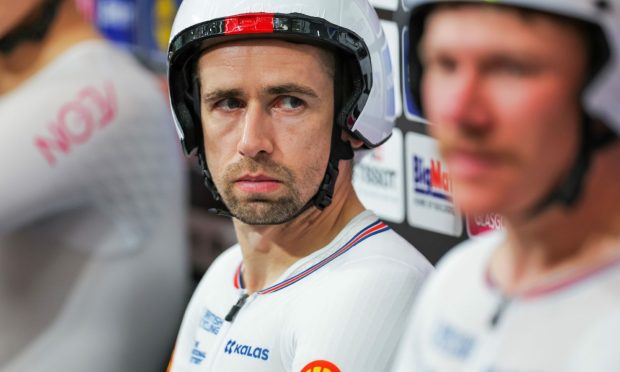
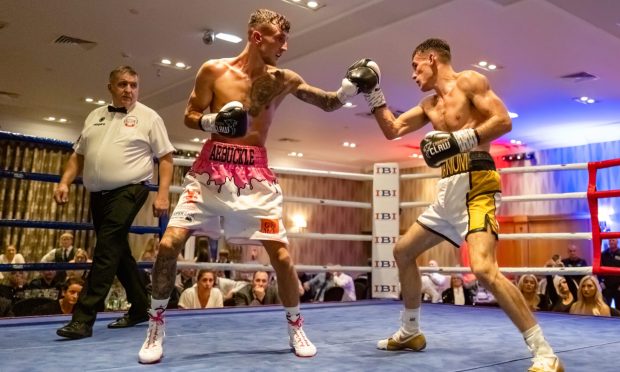
Conversation